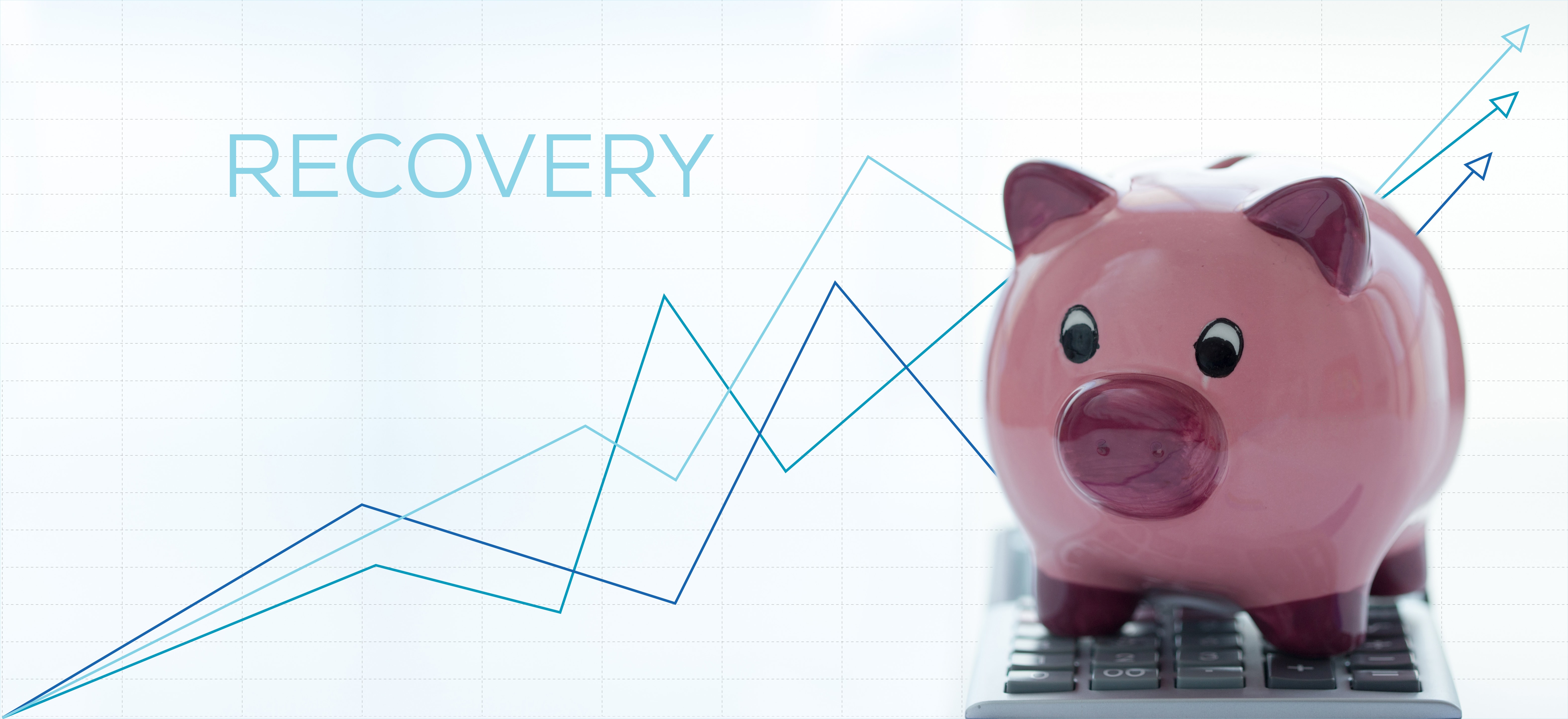Now that the holiday season is over, we are left with all of the financial scars of being “Santa” because you may or may not have read my blog How to Avoid Overspending During the Holidays. Why is this? Because everyone loves Christmas and the spirit of giving! I am obsessed with Christmas. Not because I like receiving gifts, but because I like to give those that I love personalize, sentimental gifts that will light up their lives (and because we Mommies are the most selfless creatures on this earth, especially when it comes to our babies). I also love to see my son’s eyes light up, as he walks into the living room and is surprised by all of the gifts that he mentioned throughout the year but never thought I would buy. But, over the last 2 years, I’ve learned that going into debt is not the only way to light up the lives of the ones I love. Although I know this now, it hasn’t always been this way. There have been many Januaries where I had to recover from overspending during the holidays.
According to an annual survey completed by Magnify Money, the holiday season caused consumers to increase their debt by over $1,000. That is $1,000+ that you did not have to spend, so instead decided to borrow from a credit card lender. Now here we are, in the month of January, feeling overwhelmed because in addition to our monthly bills, we now have to figure out how to pay for Christmas. Most of that debt was accumulated on either credit cards or personal loans, which usually both have the highest interest rates. That $1,000 can easily turn into $1,500 depending on how long it takes to pay off and how high the interest rate is.
But I am here to help devise a plan to Recover from overspending over the holiday season.
Recognizing there is an issue:
The first step to recovery is admitting there is a problem. Once you face the issue head on, you can analyze the reason you overspent to ensure it doesn’t happen again. Ask yourself why did you spend more than you could afford. Decipher exactly what went wrong and create a plan to ensure it does not happen again.
Make a commitment to improve:
When you make a commitment and decide to improve, you’ll improve! Many people will say they wish they were better with finances or say they regret making a financial decision, but without a commitment, these are just words. Making a commitment is a promise to yourself, and before anything or anyone else, you should keep the promises that you make to yourself.
Diagnose the damage:
Now that your mind is set on improving, it’s time to assess the damage. The truth hurts, but you have to face it, or nothing will improve. Pull out all the credit card statements, review the transactions, and start to add up the total. Once you have your total, do not use that credit card for any other purchases. Continuing to use the card to purchase items that you cannot actually afford, will dig your hole deeper and deeper. Now that you know what you’re working with, you can start!
Calculate your additional income:
If you do not currently have a written budget, now’s the time to create one. You can check out the 6 essential steps to creating a budget to help you begin. Once you have your budget set and you’ve included all of your necessary expenses, calculate your disposable income. Your disposable income is the amount you have to aggressively throw at your holiday debt. Write that amount into your budget every month instead of the minimum payments required.
Create a payoff plan to recover from overspending:
Now that you have calculated your disposable income, create a personalized payoff plan that includes the balance owed and the future interest that will accrue. This will help you determine the length of time it will take to pay off and how much Christmas actually cost you, considering the amount you can afford to pay each month realistically. The goal is to pay off the debt as soon as possible. If you want to be more aggressive and pay the debt off sooner, you will have to get creative and think of ways to increase your income or reduce your expenses.
The last step is to stay focused until you cross the finish line:
Find ways to continue to motivate yourself throughout the process. If you are a visual person, create a visual! If you are a numbers person, review your payoff plan often. Share your goal with your support system, so that they can continue to motivate you. Do not be discouraged by the perception of the journey, instead be encouraged by your commitment to complete it.
If you are looking to pay off debt, I created a workbook that outlines the steps that I took to pay off over $30,000 of debt in 12 months. You can check it out here.







Leave a Reply